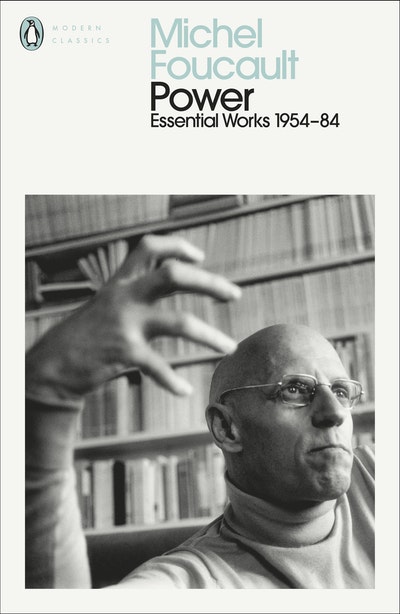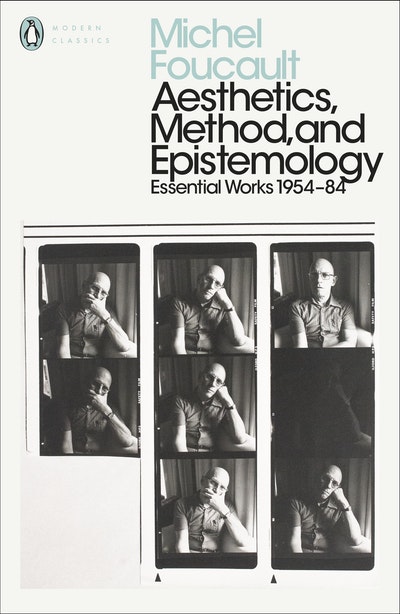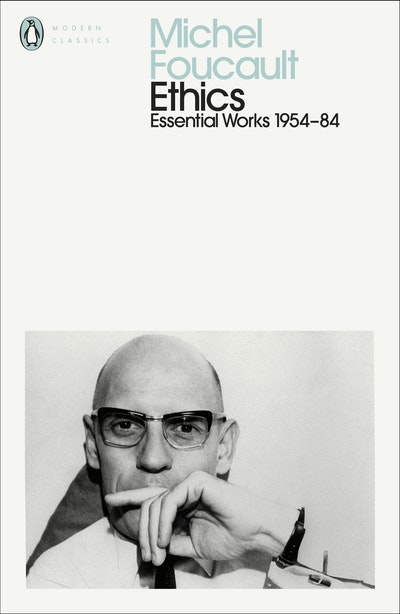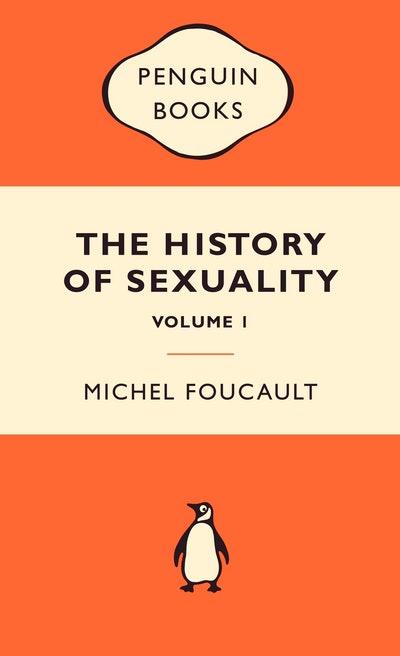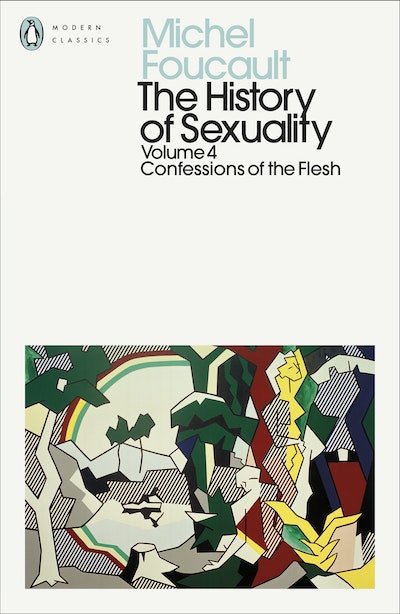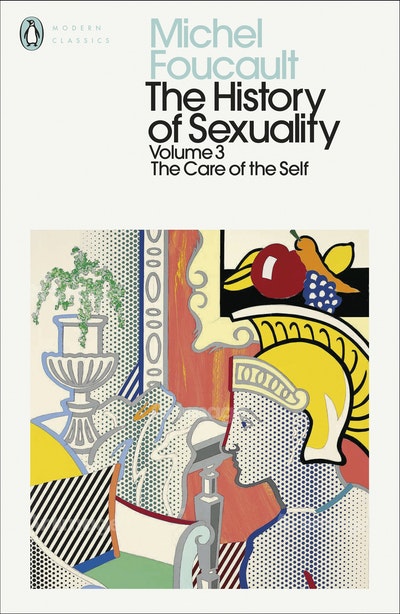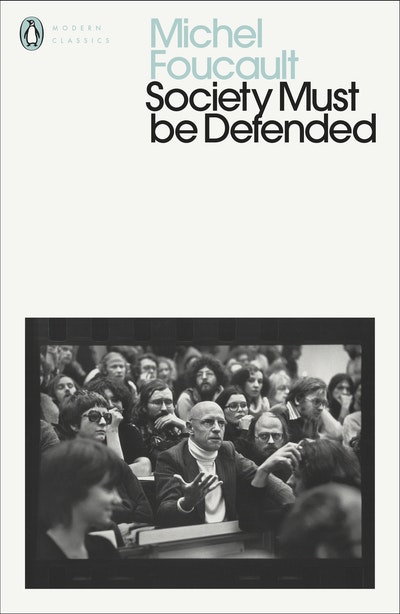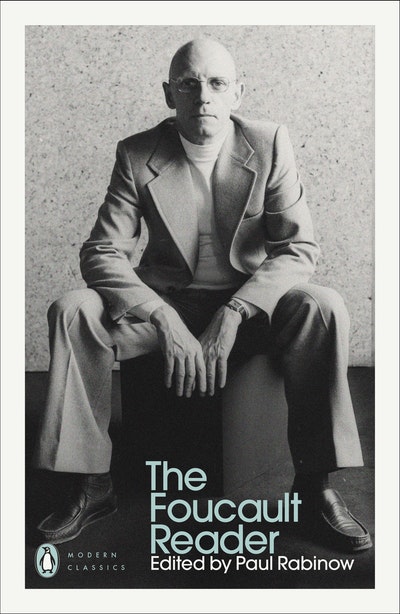[]
Power
The Essential Works of Michel Foucault 1954-1984
Formats & editions
Buy from…
- Published: 14 November 2019
- ISBN: 9780141991375
- Imprint: Penguin eBooks
- Format: EBook
- Pages: 528
Who since Weber, or perhaps even Hobbes, has done as much to show why power is such a profound, elusive and treacherous presence throughout our experience?
The Times Higher Education
